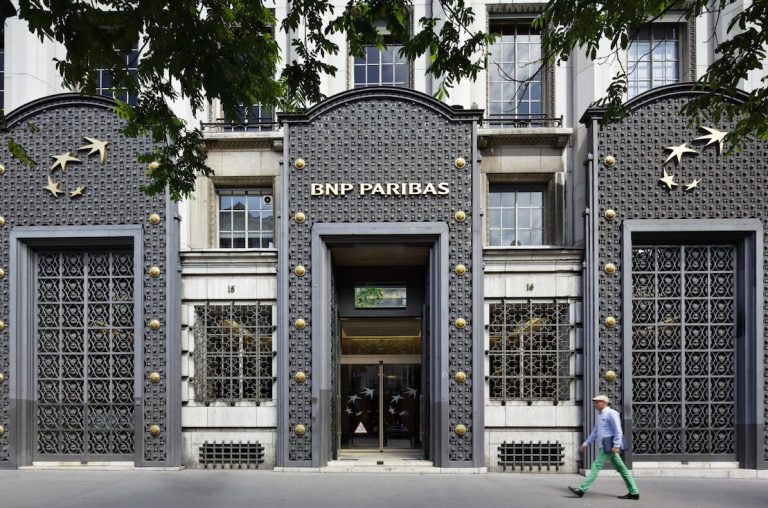BNP Paribas Sudan Verdict: Bank Found Liable for Atrocities
A New York jury has found that BNP Paribas aided the regime of Sudan’s former leader Omar al-Bashir, holding the French banking giant legally responsible for atrocities committed during his rule. The ruling marks a historic victory for three Sudanese survivors who accused the bank of enabling war crimes through its financial dealings with the Sudanese government.
The jury awarded $20.75 million in damages after hearing harrowing testimony from the plaintiffs — two men and one woman — who described torture, beatings, and sexual violence inflicted by government forces and the Janjaweed militia. The plaintiffs, now US citizens, argued that BNP Paribas’s financial services directly supported the Sudanese regime’s capacity to fund its brutal campaigns.
Financial Links to a Brutal Regime
According to court documents, BNP Paribas Sudan operations provided letters of credit that allowed Sudan to trade commodities like oil and cotton, generating billions in revenue even as the government committed widespread human rights abuses. These transactions allegedly helped sustain Bashir’s rule from the late 1990s until 2009.
Plaintiffs’ attorney Bobby DiCello called the verdict “a victory for justice and accountability,” emphasizing that “financial institutions cannot turn a blind eye to the consequences of their actions.” He added that the survivors “lost everything to a campaign of destruction fueled by US dollars that BNP Paribas facilitated.”
Bank’s Response and Legal Context
BNP Paribas said it plans to appeal, arguing that its operations were legal in Europe and conducted in coordination with international organizations like the IMF. Defense lawyers claimed there was no direct connection between the bank’s actions and the plaintiffs’ suffering.
However, US District Judge Alvin Hellerstein, who oversaw the trial, previously ruled that sufficient evidence existed to show a link between the bank’s financial support and Sudan’s atrocities. This case follows BNP Paribas’s 2014 guilty plea and $8.97 billion penalty for violating US sanctions by transferring funds for Sudanese, Iranian, and Cuban entities.
Background: Sudan’s Long Road to Justice
The Sudanese conflict, which the US government recognized as genocide in 2004, claimed more than 300,000 lives and displaced 2.5 million people. Bashir, ousted in 2019, remains wanted by the International Criminal Court (ICC) for genocide and war crimes.
The BNP Paribas Sudan verdict sets a precedent, showing that financial institutions can be held accountable for their role in enabling oppressive regimes — a milestone in the pursuit of global justice.

